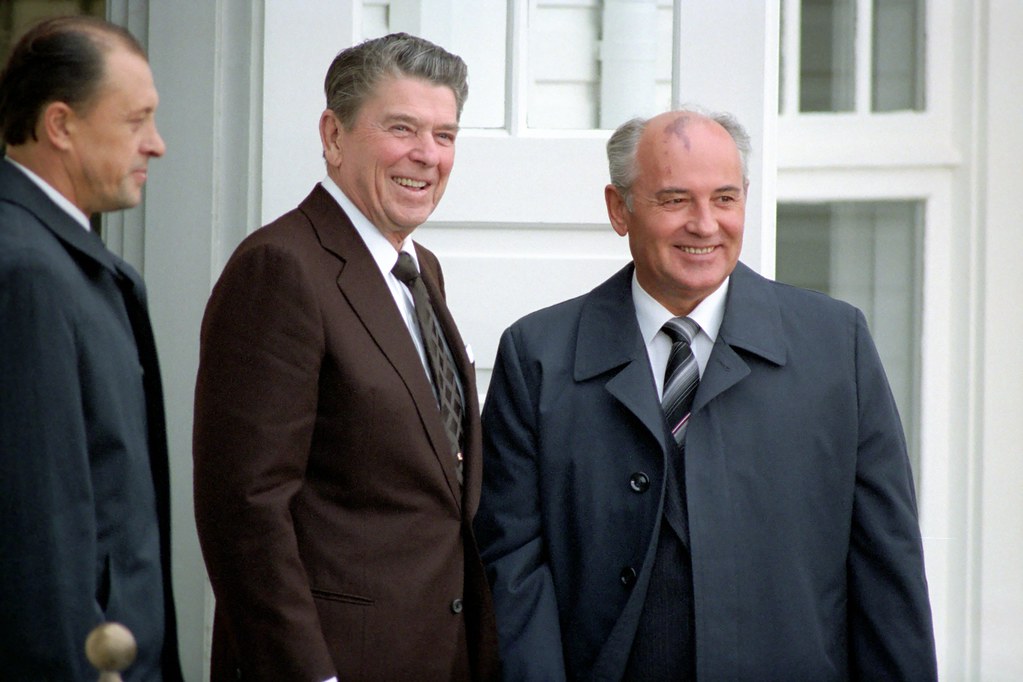Jo Husbands
Abstract: This article seeks to highlight the inadequacies of Reagan’s military program in terms of defense spending and priority management. Weapons procurement was sought too intensively by the Reagan administration, and due to a limited shelf life, will continue to cause problems for future planners. Replacing all of the weapons would perpetuate the current cycle of over-accumulation and choosing not to replace them would leave future presidents open to accusations of neglecting US defense. Defense Secretary Weinberger’s laissez-faire approach to managing the Pentagon has also created problems for defense management. His approach allowed military services to act independently of one another which has led to overlapping and redundant weapons systems. The Army, Air Force, and Marines each have separate air forces; the duplication of these forces can potentially diminish the effectiveness of our armed forces. Priorities, in addition to being absent, can also be misguided. The Reagan program supports the doctrine of “horizontal escalation,” where Soviet offensive actions, instead of being responded to at the point of conflict, can be responded to in an alternate, more vulnerable area. This doctrine has led to the inefficient placement of resources instead of distributing resources to early-stage battles where they would be better used. This article concludes that major weapons programs need to be cut in order to better allocate savings and reduce cost, thereby enhancing military effectiveness.



